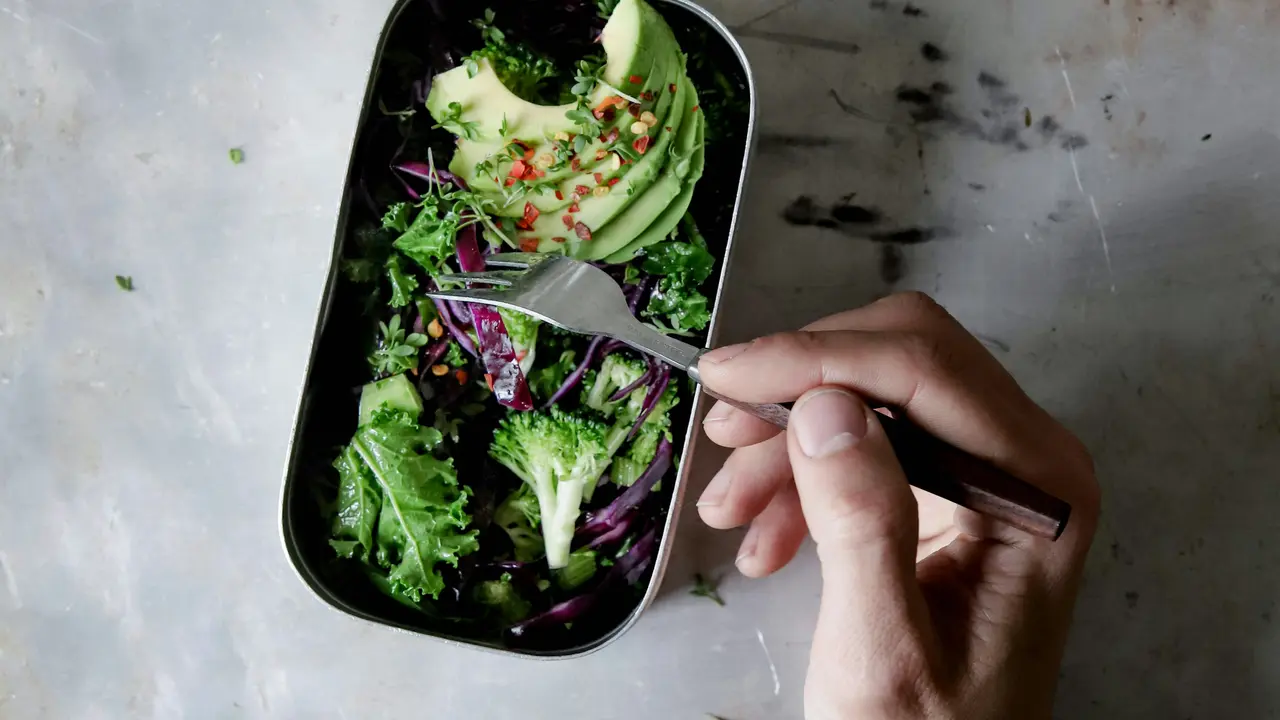When it comes to sweeteners, many people often wonder, “how much sugar in a teaspoon of maple syrup?” This natural syrup is a beloved alternative to refined sugars, but understanding its sugar content is essential for making informed dietary choices. In this article, we will uncover the sugar content of maple syrup and delve into its nutritional benefits, helping you make the best choices for your health.
Understanding Maple Syrup: How Much Sugar is There?
What is Maple Syrup Made Of?
Maple syrup is a natural sweetener made from the sap of sugar maple trees. This sap is collected and then boiled down to produce a thick syrup. The main components of maple syrup include:
- Natural sugars, primarily sucrose
- Minerals such as calcium, potassium, and magnesium
- Amino acids and antioxidants
These components contribute not only to its sweetness but also to its unique flavor profile and nutritional benefits.
How Much Sugar in a Teaspoon of Maple Syrup?
So, how much sugar in a teaspoon of maple syrup? On average, a teaspoon (about 5 milliliters) of pure maple syrup contains approximately 4 grams of sugar. This translates to roughly 16 calories, primarily from carbohydrates. Compared to other sweeteners, maple syrup has slightly less sugar content per serving, making it a popular choice for those seeking a natural alternative.
The Nutritional Benefits of Maple Syrup
Rich in Antioxidants
One of the standout features of maple syrup is its antioxidant content. These compounds help combat oxidative stress and may reduce the risk of chronic diseases. The antioxidants in maple syrup include:
- Phenolic compounds
- Flavonoids
- Other unique phytochemicals
Incorporating maple syrup into your diet can provide additional health benefits beyond its sweetness.
Minerals and Vitamins in Maple Syrup
Maple syrup is not just sugar; it also contains several essential minerals. Important nutrients found in this syrup include:
- Calcium: Critical for healthy bones and teeth
- Potassium: Helps regulate blood pressure
- Magnesium: Involved in numerous biochemical reactions in the body
The presence of these minerals makes maple syrup a slightly healthier option compared to refined sugars, which often provide no nutritional benefits.
Different Types of Maple Syrup
Grading and Flavor Profiles
Maple syrup comes in various grades, each with a unique flavor and color profile. The grading system typically includes:
- Golden Color: Delicate flavor, ideal for pancakes and waffles
- Amber Color: Richer flavor, suitable for baking
- Dark Color: Robust flavor, perfect for cooking and glazing
Understanding these differences can help you choose the right type of maple syrup for your culinary needs.
Organic vs. Non-Organic Maple Syrup
When shopping for maple syrup, you may come across organic and non-organic options. Organic maple syrup is produced without synthetic pesticides or fertilizers, making it a more environmentally friendly choice. Opting for organic can also reduce your exposure to harmful substances, providing you with a more natural sweetening option.
How to Incorporate Maple Syrup into Your Diet
Cooking and Baking with Maple Syrup
Maple syrup can be a versatile ingredient in your kitchen. Here are some creative ways to use it:
- Drizzle over pancakes and waffles
- Use it as a natural sweetener in smoothies
- Incorporate it into marinades and dressings for added flavor
- Substitute it for sugar in baking recipes
Using maple syrup as a sweetener not only adds flavor but also brings along its nutritional benefits.
Homemade Maple Syrup Alternatives
If you’re feeling adventurous, you can create your own maple-flavored syrup alternatives at home. Using ingredients like molasses or agave, you can achieve a similar taste and texture. However, nothing quite matches the unique flavor of pure maple syrup.
Conclusion
In summary, understanding “how much sugar in a teaspoon of maple syrup” is key to making healthier decisions about your sugar intake. With about 4 grams of sugar per teaspoon, maple syrup offers a delightful alternative to refined sugars while also providing antioxidants and essential minerals. Whether drizzled over breakfast or used as a sweetener in your favorite recipes, maple syrup can be a delicious addition to your diet. If you found this information helpful, consider sharing it with friends or exploring more articles about healthy eating alternatives!
Sugar – Recent Articles
- Discover Where to Buy Morton Sugar Cure for Perfect Flavor!
- Does Tito’s Vodka Have Sugar? The Sweet Truth Revealed!
- Are Sugar Cookies Dairy Free? Discover Delicious Alternatives!
- Do Sugar Free Drinks Break a Fast? Discover the Truth!
- Where Can You Buy Coarse Sugar? Your Ultimate Shopping Guide!
Sugar – Useful Links
- DC – Get the Facts: Added Sugars
- American Heart Association – Added Sugars
- Harvard T.H. Chan – Added Sugar in the Diet
- MedlinePlus – Sweeteners – sugars
- NIDDK – Healthy Living with Diabetes
